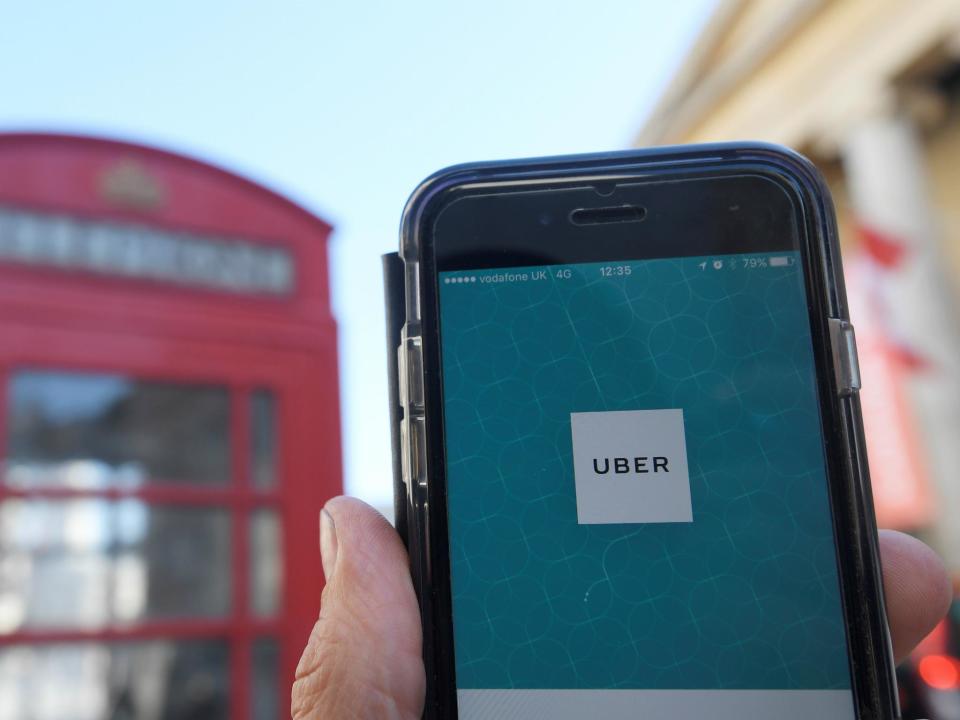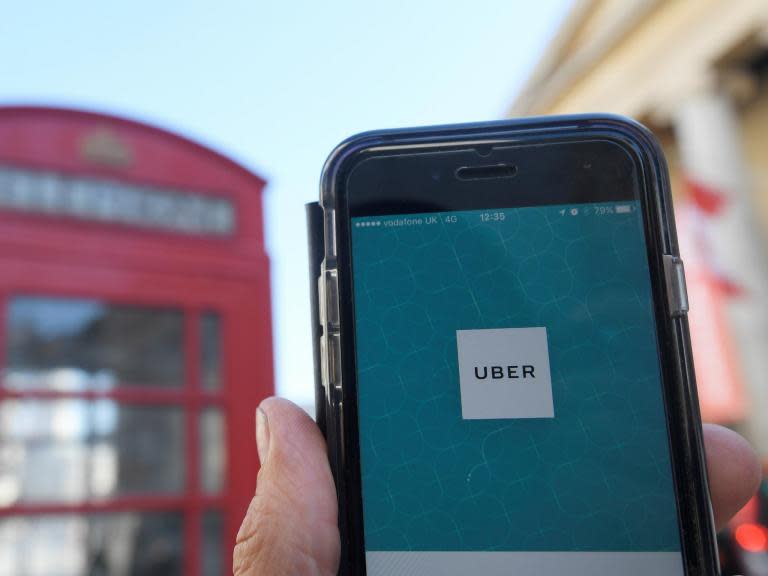Greyball: What is the creepy feature that got Uber banned in London?
Uber is facing a ban in London. TfL has revoked the company’s operating licence in the capital, a decision Uber will appeal.
TfL has offered a number of reasons for its decision, including Uber’s “approach to reporting serious criminal offences”.
However, one of the more interesting parts of TfL’s announcement references Greyball, the controversial software that was first exposed earlier this year.
An investigation by the New York Times found that Uber had been using the secret program to avoid law enforcement in a number of cities, allowing it to operate illegally without detection.
Greyball was designed to identify law enforcement officials, and show them a fake interface that made it much harder to book taxis.
According to the report, the company used a number of techniques to do this. work out which users it should “Greyball”.
For instance, the software analysed people’s credit card information to determine whether or not they had ties with a police union.
It also took into account where the app was being used. People found to be frequently opening and closing Uber in certain areas – such as near government offices – would also be served the fake version of the app.
Uber even went as far as scanning users’ social media profiles and identifying the phone models most likely to be used as “burners” by officials.
Anybody tagged to be “Greyballed” would either see fake “ghost” cars or no cars on the app.
In cases where somebody got through and did manage to book an Uber, the company would call the driver to cancel the ride.
The New York Times report says Greyball began under a different name in 2014, and has been used to evade authorities in Boston, Paris and Las Vegas, and countries includes Australia, China, Italy and South Korea.
Uber, however, has defended the software.
“This technology is used to hide the standard city app view for individual riders, enabling Uber to show that same rider a different version,” the company said in March.
“It’s been used for many purposes, for example: the testing of new features by employees; marketing promotions; fraud prevention; to protect our partners from physical harm; and to deter riders using the app in violation of our terms of service.”
Uber said it would prohibit its use “to target action by local regulators”, but said the process would take time because of “the way our systems are configured”.
However, TfL isn’t satisfied with the explanation, citing Uber’s “approach to explaining the use of Greyball in London, software that could be used to block regulatory bodies from gaining full access to the app and prevent officials from undertaking regulatory or law enforcement duties,” as a reason for its decision to ban it from the capital.
Uber’s current licence ends on 30 September, but the company can continue to operate in London while the appeals process is ongoing.

 Yahoo News
Yahoo News 

